McDonald's and Cava earnings have one thing in common: The K-shaped economy has a vise grip on the lunchtime crowd
McDonald's CEO Chris Kempczinski sounded the alarm on a K-shaped economy during the company's earnings call on Wednesday, echoing a sentiment shared by Cava's leadership. The fast-food giant reported a 9.2% decline in same-store sales in the third quarter, with quick-service restaurant traffic from lower-income consumers plummeting nearly 10% during the same period. This trend has persisted for nearly two years, with McDonald's same-store sales in the US down 4.5% year-over-year.
Financial details reveal that McDonald's global sales declined 3.9% year-over-year in the third quarter, with the company's revenue falling to $6.1 billion. Net income, however, remained relatively stable at $1.5 billion, thanks to cost-cutting measures and a stronger dollar. Cava, a fast-casual Mediterranean chain, also reported a decline in sales, with same-store sales down 5.5% year-over-year in the third quarter.
The market impact of this K-shaped economy is significant, with lower-income consumers cutting back on dining out. According to a report by the National Restaurant Association, 62% of consumers are reducing their dining out frequency due to economic concerns. This trend is particularly pronounced among lower-income households, where 75% of consumers are cutting back on dining out.
The restaurant industry has been grappling with this K-shaped economy for nearly two years, with many chains struggling to adapt to the changing consumer landscape. McDonald's and Cava are not alone in sounding the alarm, with other restaurant chains such as Chipotle and Panera Bread also reporting declines in sales. The industry's struggles are a reflection of the broader economic trends, where high-income earners are spending as if nothing is wrong, while lower-income Americans tighten their belts and pull back on spending.
McDonald's and Cava's earnings serve as a reminder of the challenges facing the restaurant industry. As the K-shaped economy continues to grip the lunchtime crowd, companies will need to adapt to changing consumer habits and find ways to appeal to lower-income households. This may involve offering more affordable menu options, improving operational efficiency, and investing in digital marketing and technology to reach price-sensitive consumers.
In the near term, McDonald's and Cava are likely to continue to feel the pinch of the K-shaped economy. However, with the right strategies in place, these companies can navigate the current challenges and emerge stronger in the long term. As the industry continues to evolve, one thing is clear: the K-shaped economy has a vise grip on the lunchtime crowd, and companies will need to adapt to survive.
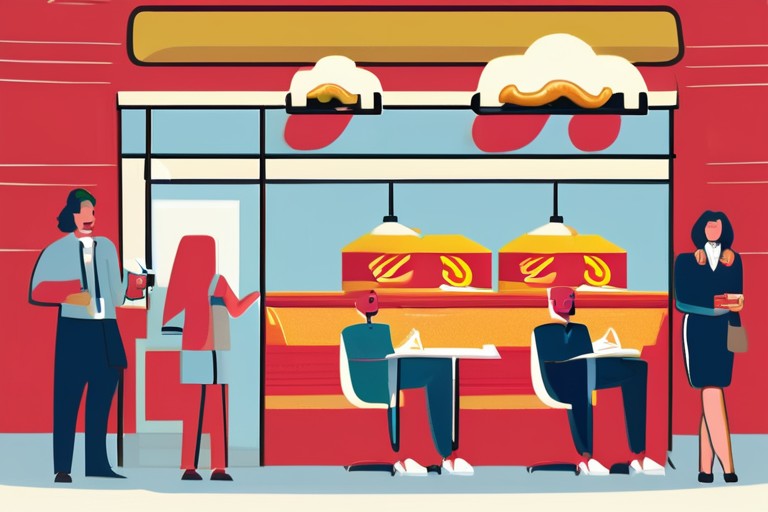

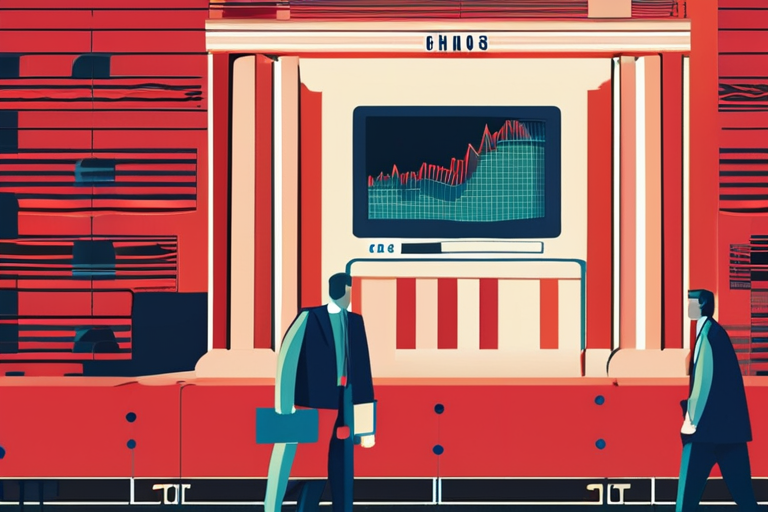

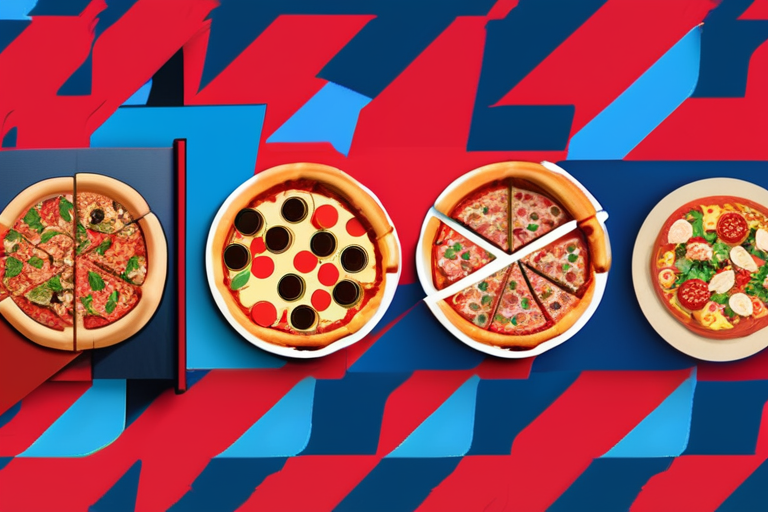
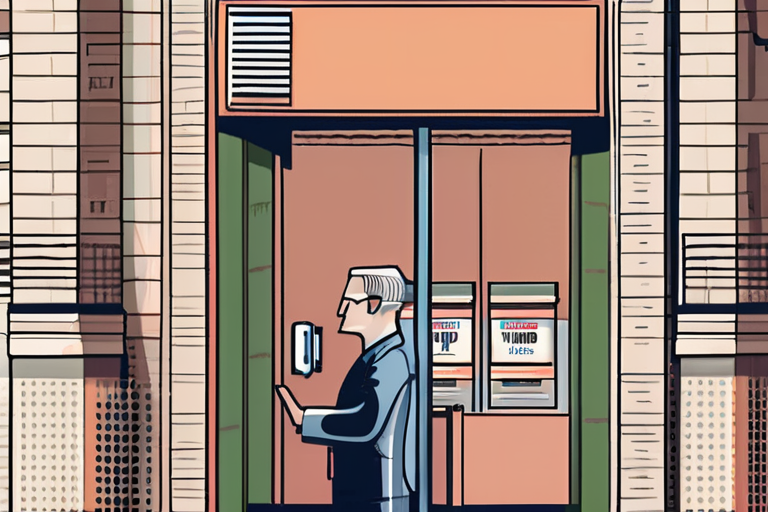
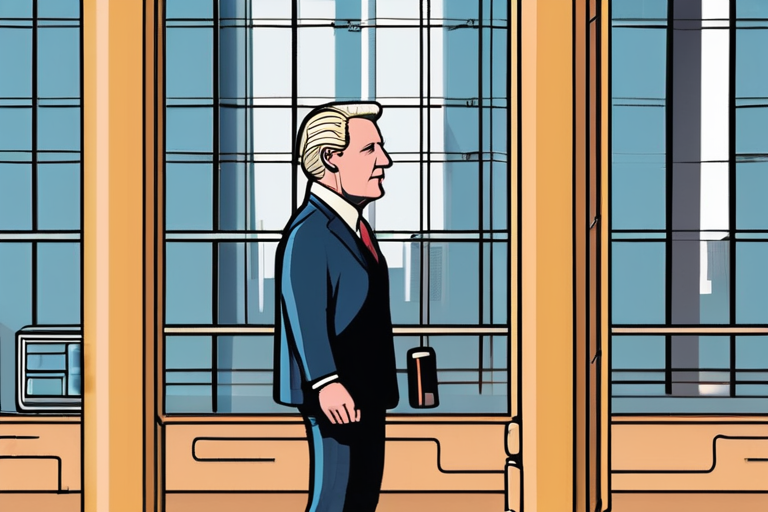
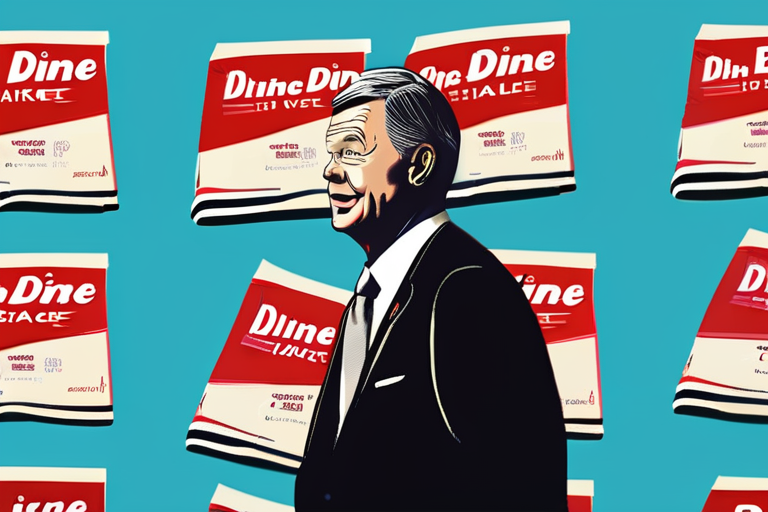
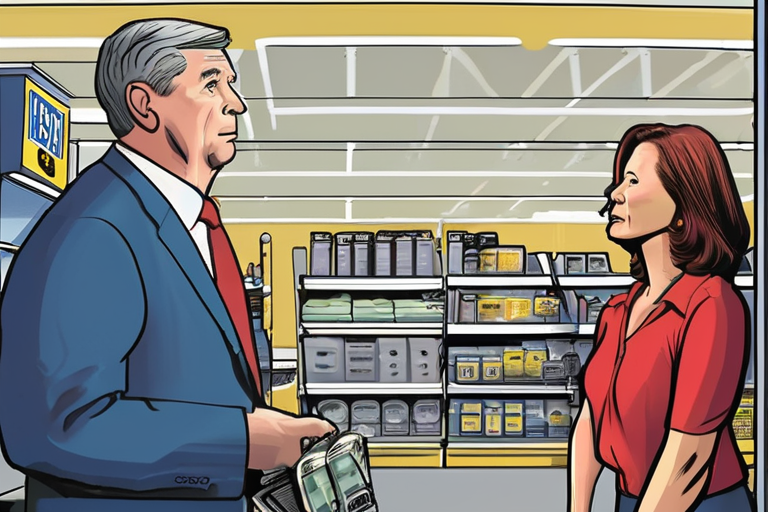
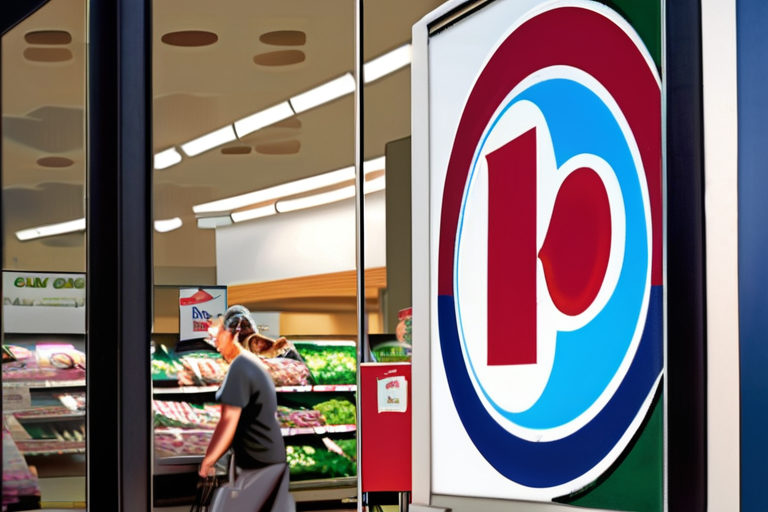


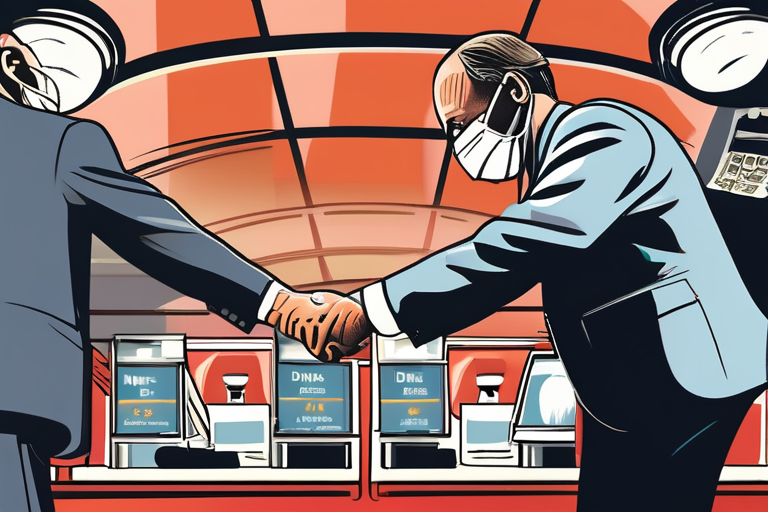
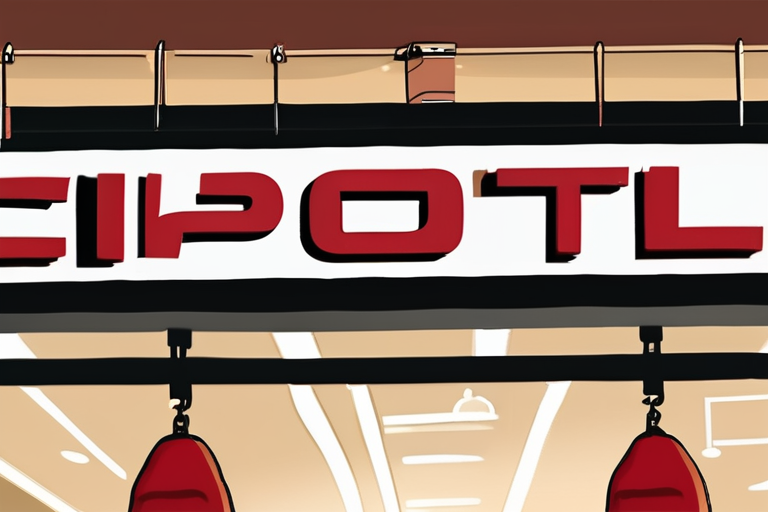
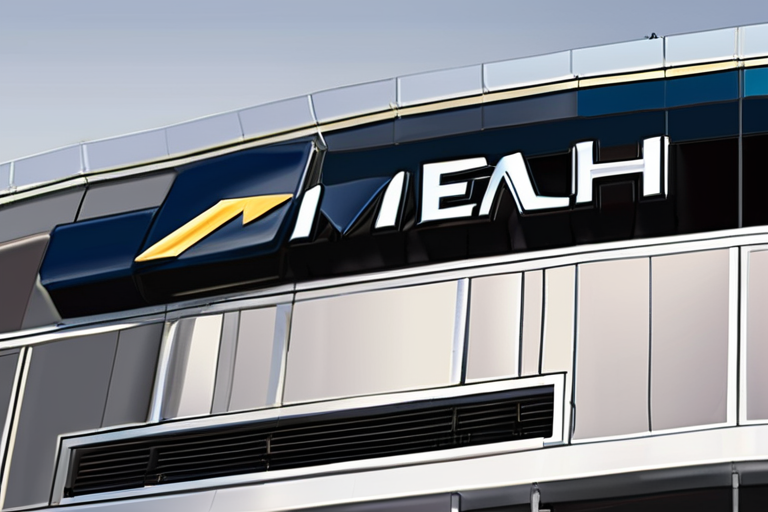
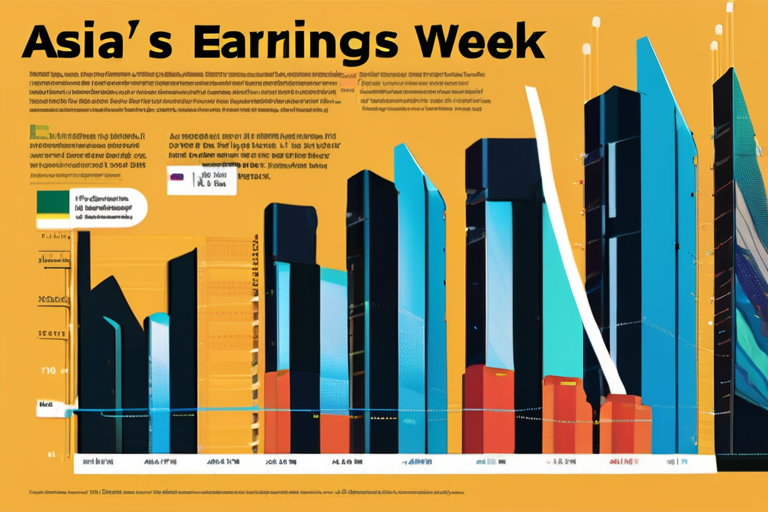

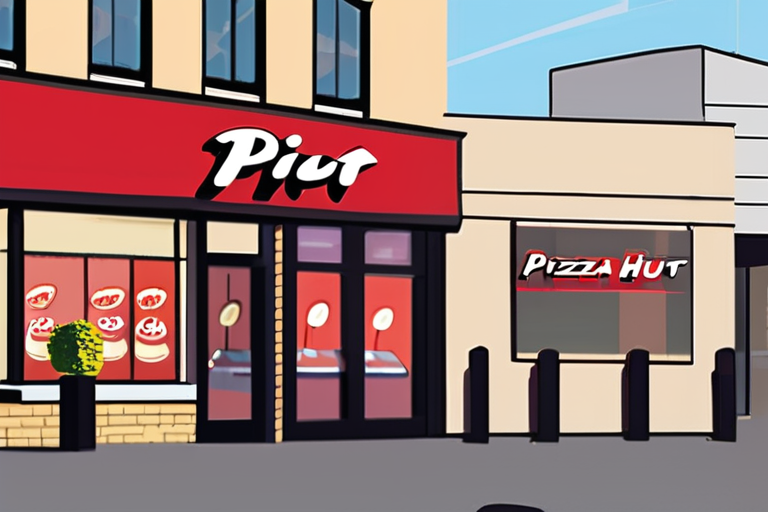
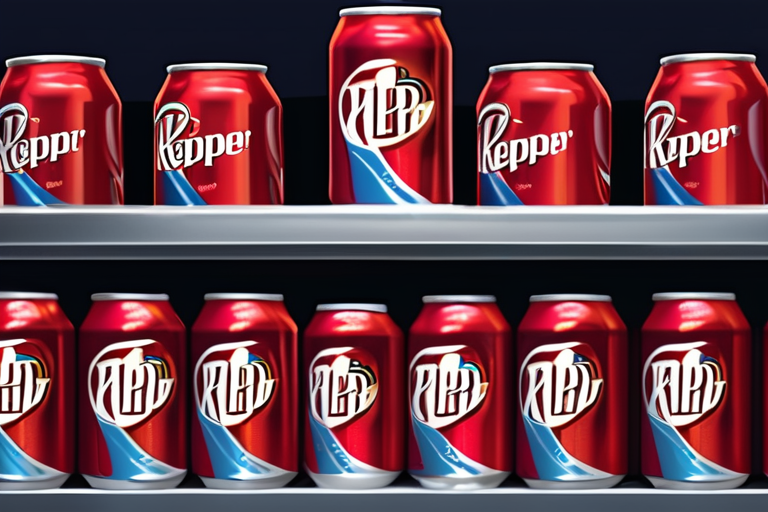
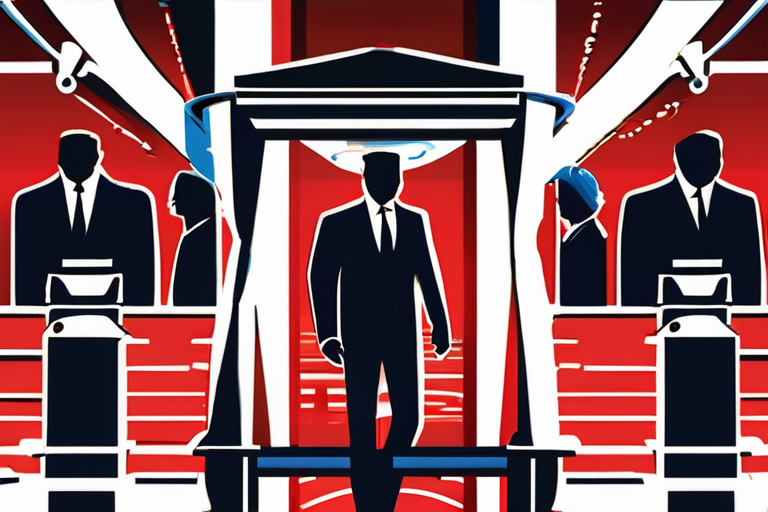
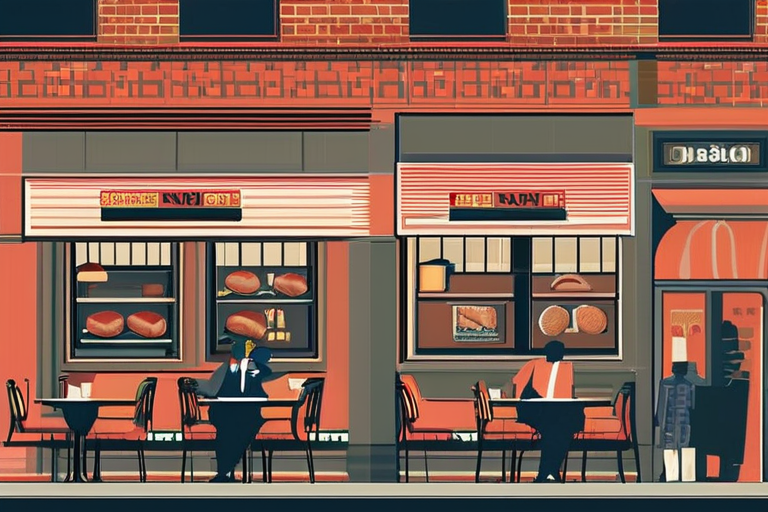
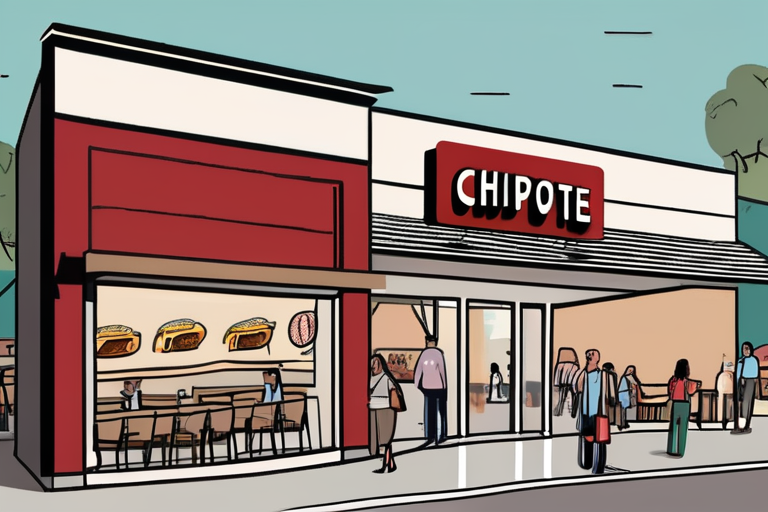
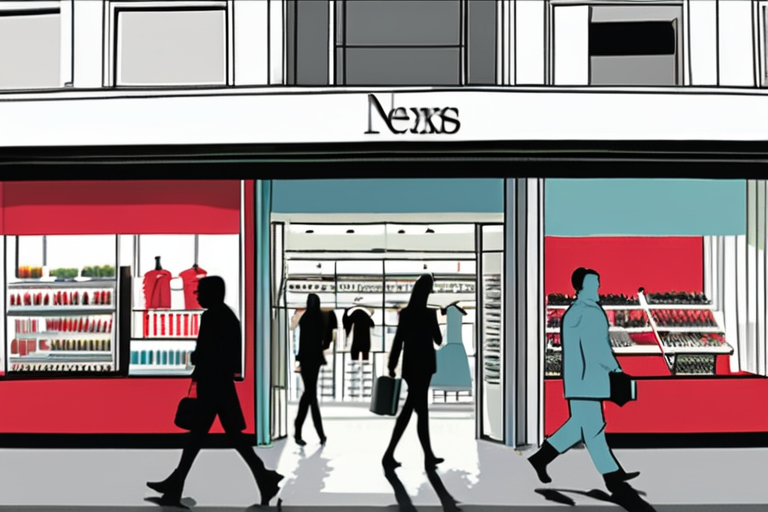
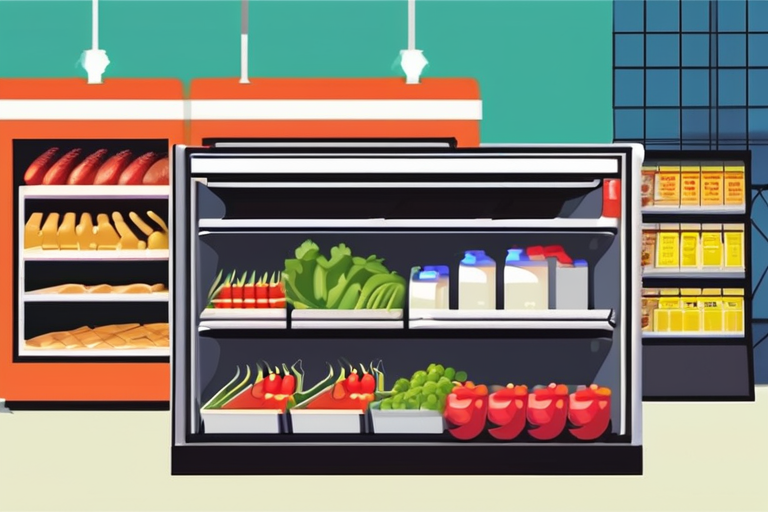
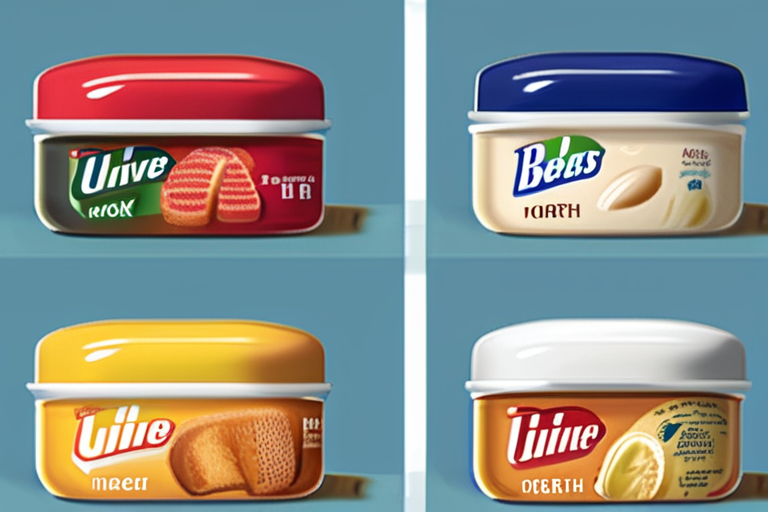
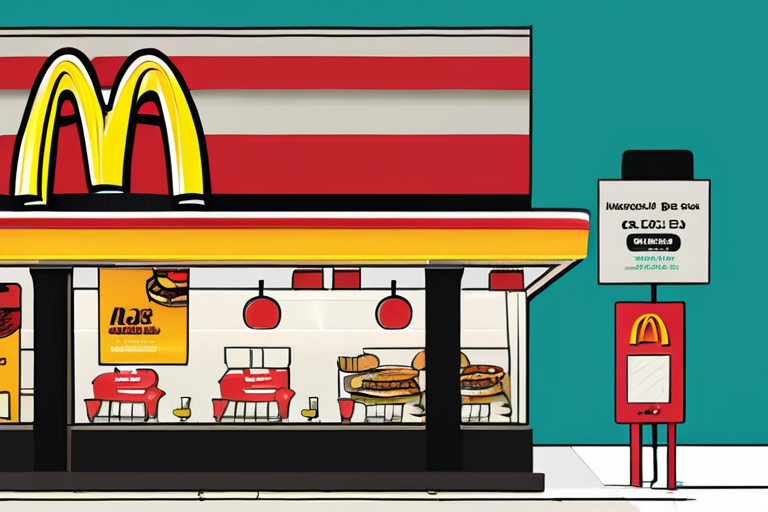
Share & Engage Share
Share this article